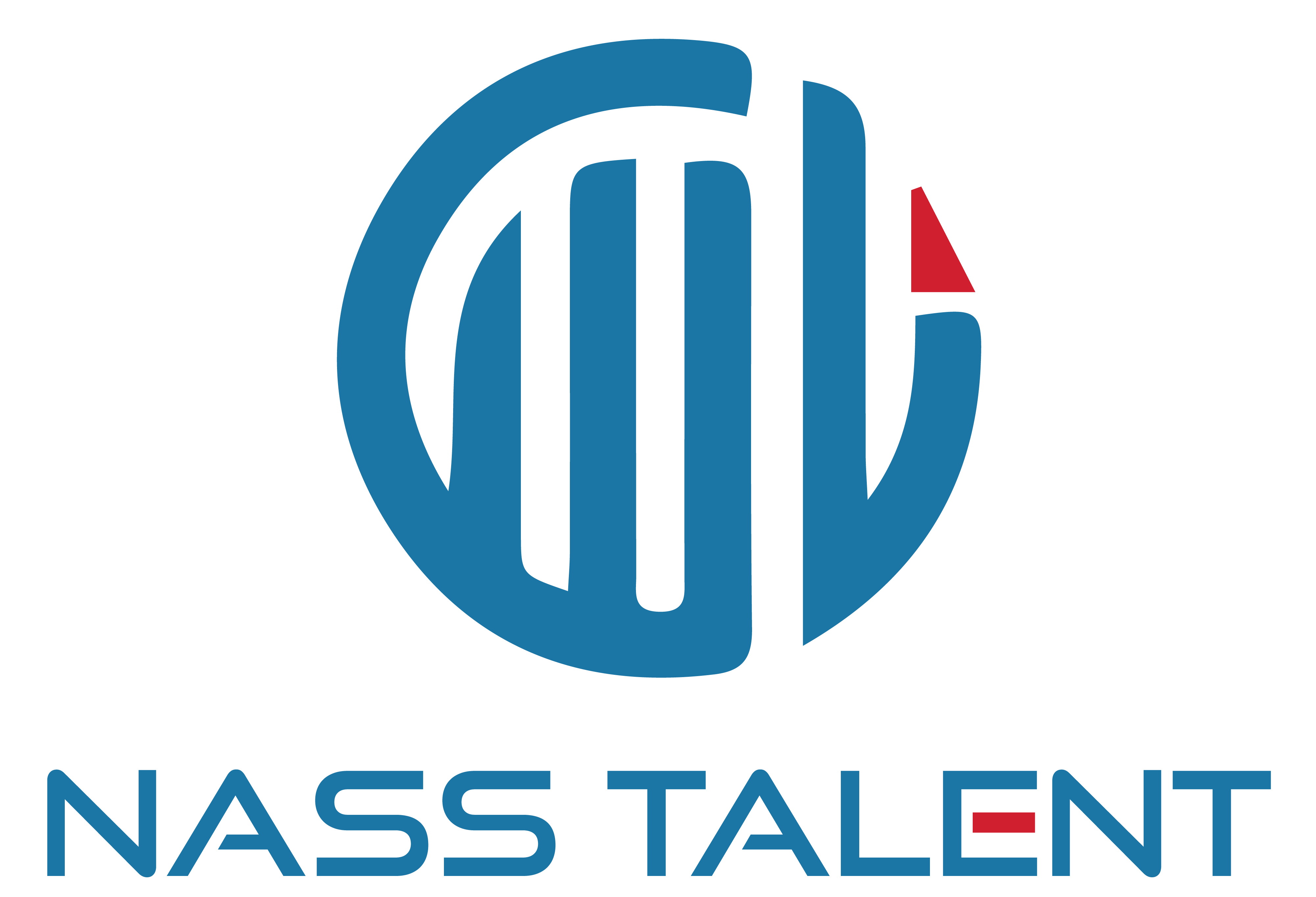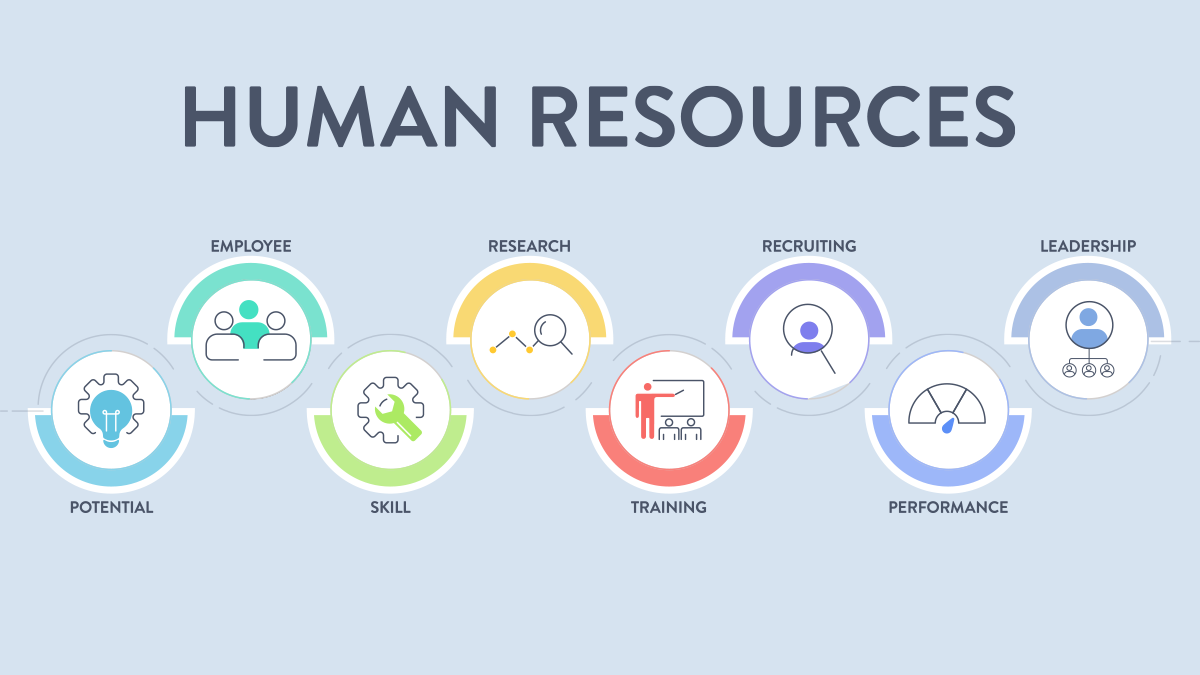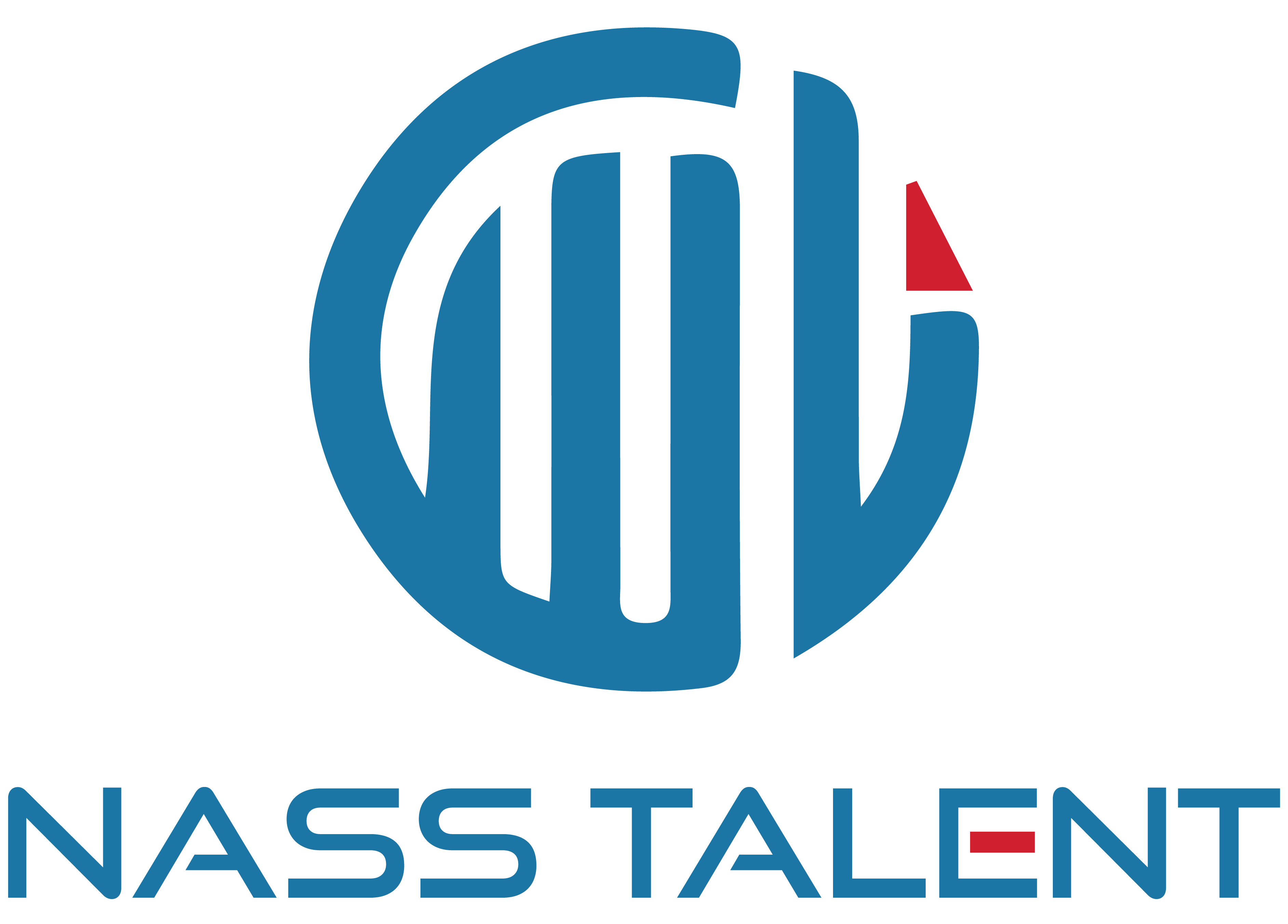How Employee Satisfaction Impacts Productivity and Retention Rates: A Comprehensive Look at Talent Management in the UAE

Properly today in this fast-changing business world, organizations seek any and every way to achieve a competitive edge. While technology or innovation may be two of the largest and most easily overlooked drivers of success, one of the biggest is really employee satisfaction-which affects productivity, retention, and organizational performance in general. Talent management has emerged as a strategic priority for companies in the UAE that are directing most focus toward the enhancement of human capital. In this blog, we will examine how employee satisfaction influences productivity and retention rates and will contextualize this understanding regarding talent management UAE.
Understanding Employee Satisfaction and Its Importance
Satisfaction is a catch-all term that gauges the degree of fulfillment of employees in several aspects of work life, including the environment at work, relations among colleagues and management, pay, job responsibilities, work-life balance, and growth opportunities. If employees are satisfied, they would generally be engaged, motivated, and attached to the organization and have superior performances and retention. Dissatisfied employees may disengage and have a detrimental effect on individual and organizational outcomes.
With value-added services through the import across the highly competitive job market in the UAE, no businessman can overstate the importance of employee satisfaction. Companies do well to invest in their employees: those who do end up witnessing greater productivity, higher levels of innovation, and a positive corporate culture.
The Link Between Employee Satisfaction and Productivity
Productivity is a critical factor that determines the success of an organization. Satisfied employees are more likely to be productive for several reasons:
- Increased Engagement: Engaged workers work very hard and give all their energy when they like their jobs. Engagement brings much effort, creativity, and concentration to the workplace. It has been discovered that engaged workers are less probable to be diverted by other feelings or emotions that have negative impacts on workflow.
- Better Work Environment: A positive work environment would encourage people to work and be effective. When individuals are happy, they tend to work as a team, share ideas, and support each other’s goals, an attribute that leads to better problem solving and innovation.
- Reduced Absenteeism: Employee satisfaction reduces absenteeism. Satisfied workers at work will not take unscheduled leave easily since they feel motivated and valued at work. On the other hand, an unengaged worker may turn to absenteeism as a way of managing his dissatisfaction that would disrupt the workflow process and decrease productivity.
- Increased Commitment to Quality: Satisfied workers are proud of what they do and more likely to commit to delivering quality in products within agreed-upon timelines. This is one of the factors that enhance productivity and lead to business success.
- Improved Health and Well-being: Being fit relates directly to job satisfaction, including physical and mental well-being. Less stress and burnouts occur among the satisfied workers, and also the danger of health absence due to illness decreases. Healthier workers are more productive and make positive contributions in the work place.
The Link Between Employee Satisfaction and Retention Rates
The biggest challenge to businesses is retention, particularly in the UAE job market. The turnover of employees could be very expensive in terms of recruitment and training costs besides losing valuable knowledge and experience. This then makes employee satisfaction critical to enhancing retention rates.
- Employee Loyalty: Satisfied employees tend to continue with the same employer. They feel loyal to their company and help reduce the rate of turnover for that employee. The unhappy employees might look elsewhere, and the rate of turnover increases.
- Enhanced Company Culture: Zeroing in on the problem of employee satisfaction positively supports company culture. When employees are satisfied, they help develop an environment with which others wish to work. A positive culture leads to higher retention because it makes people feel that they belong to something more than just a job.
- Career Development Opportunities: The availability of growth and development opportunities is one of the deciding factors that affect retention. The satisfaction level among employees towards their employer providing proper training, mentorship, and further career advancement opportunities is high. Companies that make investments in their employees’ growth through learning and development methods have very low turnover.
- Better Compensation and Benefits: Compensation is considered to be the primary driver in employee satisfaction. Of course, salary per se is not a good guarantee of satisfaction, however, an individual who feels compensated for skills and his hard work is less likely to move for better pay. In UAE, with such a demand for skills professionals, paying salaries and competitive benefits can be one of the basic retention strategies for organizations.
- Work-Life Balance: A greater work-life balance is significant for the satisfaction of employees. The more employees can get the best work-life balance, the likelier they are to be retained by an organization that considers this balance. All these flexible work hours, remote work options, and wellness programs are adding values to a good work-life balance that boosts up retention rates.
The Role of Talent Management in Enhancing Employee Satisfaction
Talent management is the strategy and process of attracting, developing, retaining, and utilizing employees in ways that maximize their potential and contribute to the overall success of the organization. In the UAE especially, where businesses are competing constantly and competing to be able to attract the best human talent, effective talent management plays a critical role in employee satisfaction.
- Recruitment and Onboarding: Recruitment marks the beginning of talent management. As hiring the right people in the right roles is in the best interest of the employee themselves and organizational success, a proper onboarding procedure equips new employees with what they need to understand their roles, the culture of the company, and where they fit into all this so that they have a purpose and sense of alignment from the onset.
- Training and Development: Talent management includes continuous learning and development opportunities. Providing employees with the skills and knowledge they need to succeed in their roles not only boosts productivity but also increases job satisfaction. Regular training programs and access to professional development resources help employees feel valued and empowered.
- Performance Management: An effective performance management system ensures that employees receive feedback on their work and have the opportunity to improve. Regular performance reviews help employees understand their strengths and areas for development, contributing to a sense of accomplishment and growth. Clear performance expectations also help prevent frustration and confusion, leading to higher satisfaction.
- Succession Planning: Succession planning is another talent management practice that allows company employees to advance into more senior roles, hence promoting loyalty. The best way to retain the best talent is through high-potential employees who are groomed as leaders.
- Employee Recognition: The one other major element in talent management is the recognition and rewarding of employees for their work and efforts. It ranges from money to rewards to recognition; acknowledging employees can produce a great deal of job satisfaction.
Best Practices for Improving Employee Satisfaction
To boost employee satisfaction, companies can implement the following best practices:
- Conduct Workplace Surveys: The other way to get continuous feedback about employee satisfaction is through best practices of workplace surveys. Through these surveys, one knows what employees like about a job and what areas must be changed. Based on the outcome of these results, companies can act accordingly and make better, data-driven decisions for improving employee satisfaction.
- Encourage Open Communication: An open communication line between the management and the employees creates trust and transparency. It makes them feel heard and valued, thus building satisfaction with the job.
- Promote a Healthy Work Environment Collaboration, inclusivity, and respect in the workplace enhance a healthy work environment. This is an environment where an individual can grow and flourish, free from stress and feelings of dissatisfaction.
- Offer Competitive Compensation: The employees should be paid at the most reasonable price for their value in order to acquire any satisfaction. High salaries, benefits, and incentives are to have the satisfaction of valued employees and keep them longer.
- Implement Flexible Work Arrangements: Offering flexible options like remote work and flexible hours would improve work-life balance and enhance employee satisfaction.
Conclusion: The Power of Employee Satisfaction in Talent Management
Achieving employee satisfaction is the core of a company’s productivity and, ultimately, retention rates. It is driven throughout an organization to be utilized efficiently. The strategy here in the UAE, where businesses are competing for the best talent, is through strong talent management practices in ensuring employee satisfaction. This can be achieved by creating a good work environment, growth opportunities, recognition of employees’ achievements, and meeting their needs at work. These steps will lead to increased productivity, reduced turnover, and long-term success.
To upgrade their talent management strategies, businesses can seek the advice of a human resources consultancy in Abu Dhabi to gain insights based on HR industry trends and insights that will place them ahead in this competitive market.
Through constant assessments and improvement of employee satisfaction, companies ensure that their employees are content, but also engaged – because only then can the employers experience continued growth and success in that dynamic business landscape.









